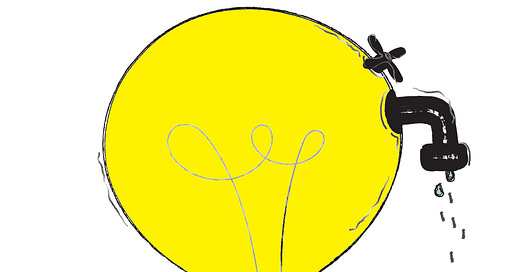Does your story have good bones?
Is your manuscript ready for the world, or does it need more time in the revision cave? Early assessments keep you on track when you're not quite ready for a full edit.
Ever wondered if your manuscript is ready for the world? Whether that pile of pages on your desk is solid enough to take into editing, or whether it needs more time in the revision cave first?
You're not alone in this uncertainty. Most writers finish their first draft and face the same question: "Is this actually working?" It's like whipping up a new rec…



